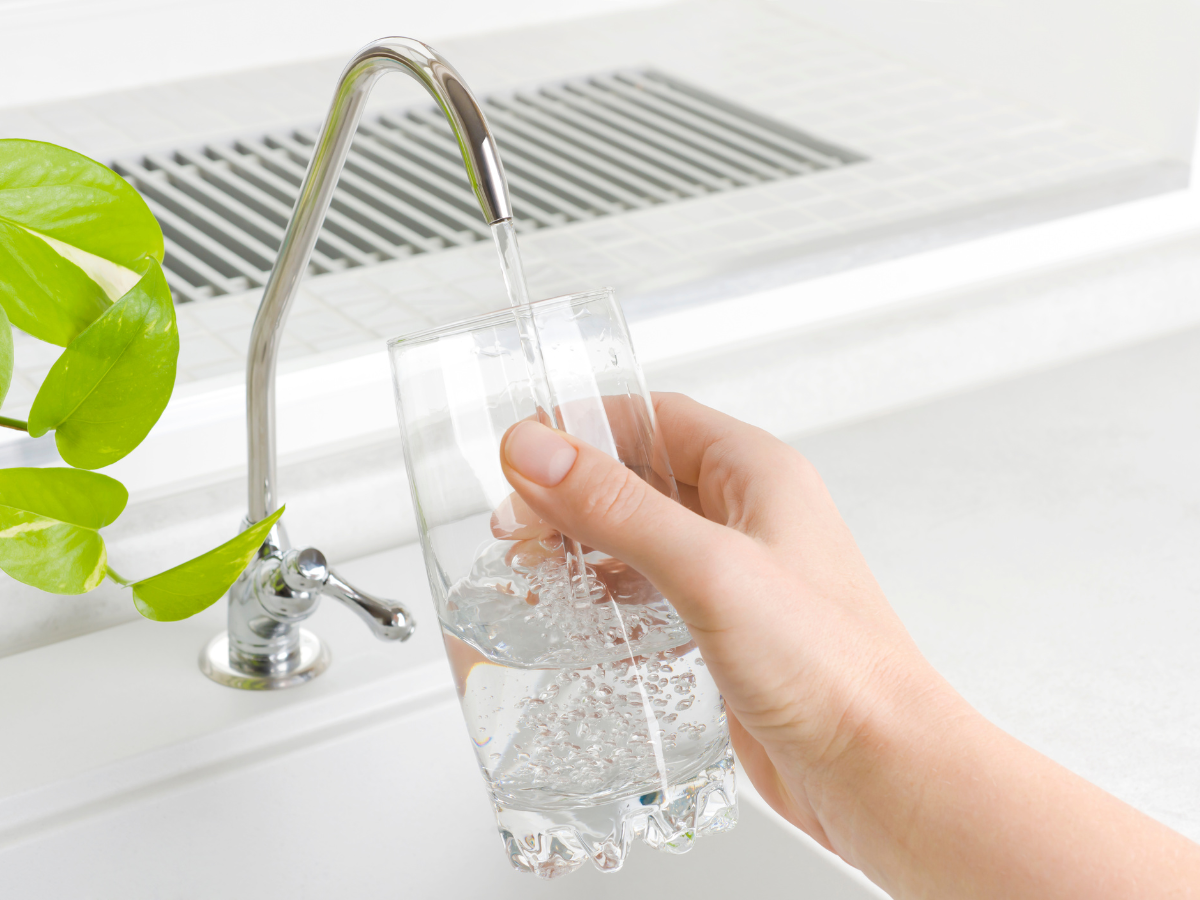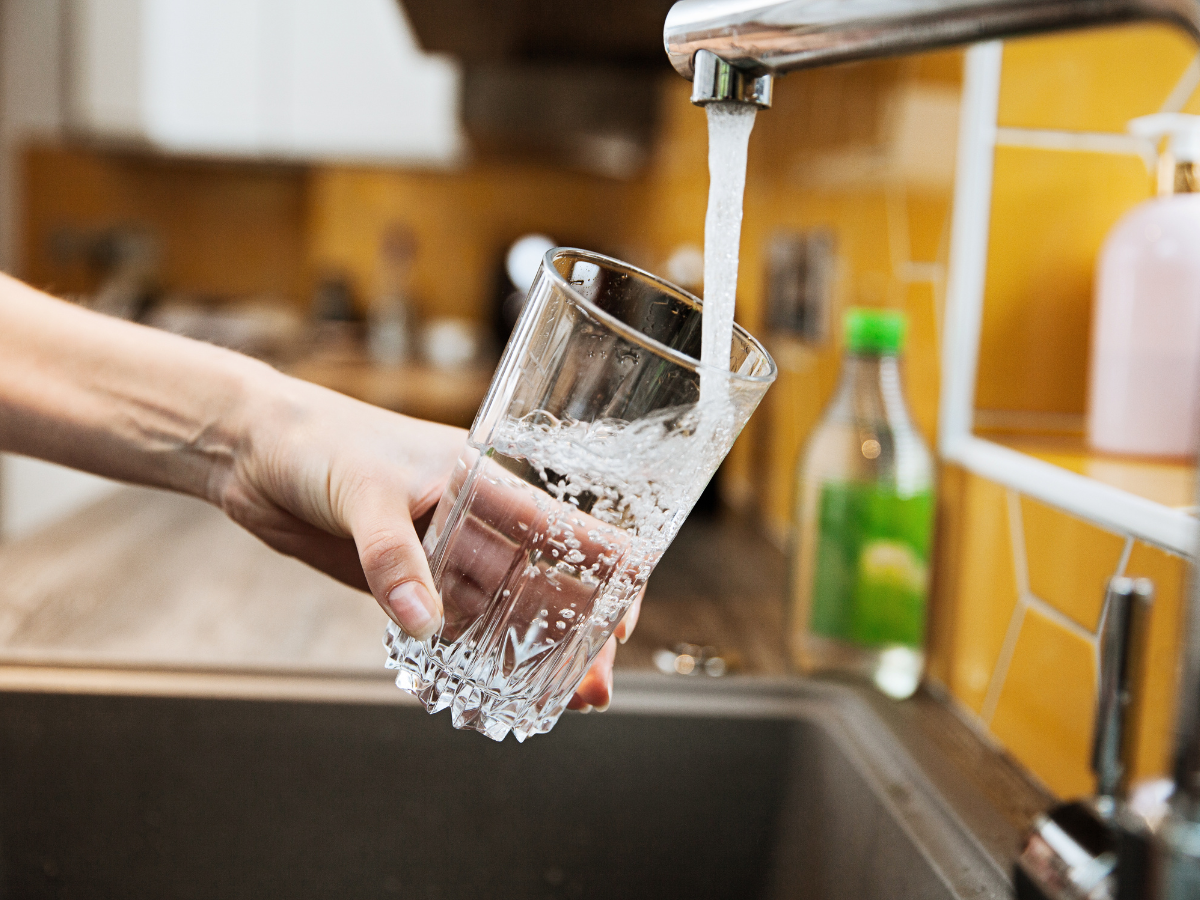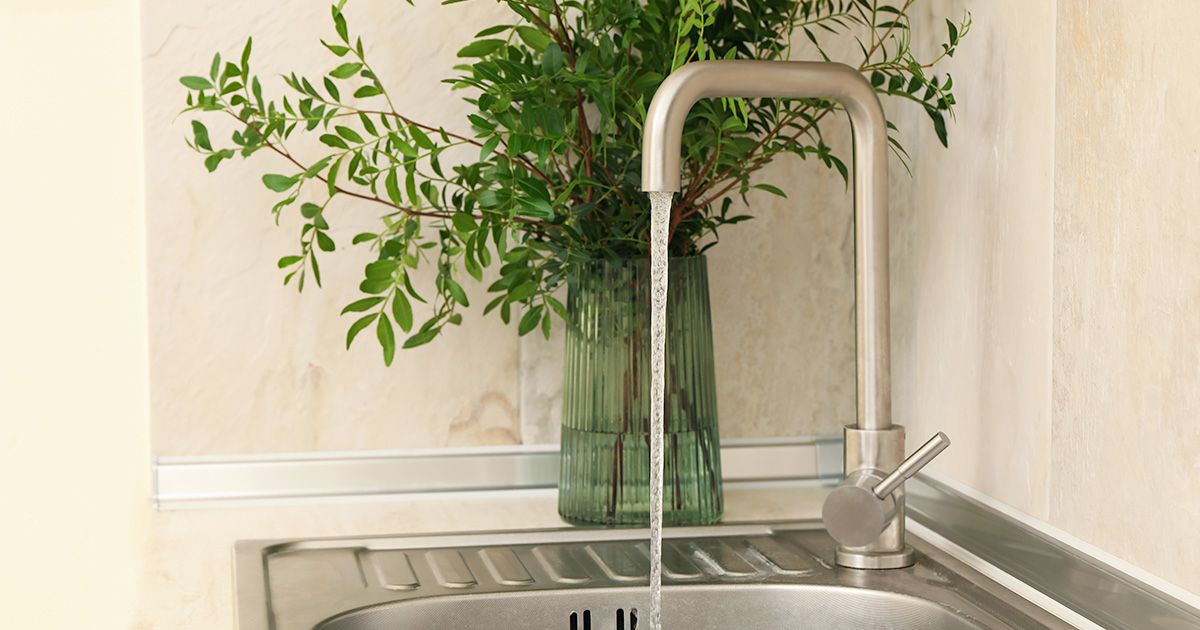Water Softener vs Water Filter: Which One Do You Need?
At Full Speed Plumbing, we understand the importance of clean and safe water in your homes. This is not only crucial for your health but also for the longevity of your appliances. However, navigating the choices between a water softener and a water filter can be daunting. You might ask yourself, “Which solution do I need?”.
Today’s blog post is a comprehensive guide to help you make an informed decision, understand the differences between the two, and solve any water-related problems you may have. We aim to provide you with top-notch service and ease your journey towards achieving the best water treatment system for your home.
What is a Water Softener?
A water softener is a device designed to help homeowners solve the problem of hard water. But what exactly is hard water?
Hard water contains high concentrations of minerals like calcium and magnesium. While these minerals don’t harm your health, they can create nuisances around your home. You might notice a chalky residue on your dishes, fading clothes, dry skin and hair, or a shortened lifespan of your home appliances.
So, how does a water softener work? Simply put, it uses a process called ion exchange. As hard water enters the softener, it flows over resin beads charged with sodium or potassium ions. These ions swap places with the calcium and magnesium, softening the water.
The result? A significantly improved home experience for you and your family. From softer skin and shinier hair to longer-lasting appliances and brighter laundry, the benefits of a water softener are manifold. By investing in a water softener, you’re investing in the comfort and convenience of your household.
What is a Water Filter?
A water filter, on the other hand, is a device primarily designed for purifying your water. It’s a key player in ensuring the water you consume and use in your everyday life is clean and free from contaminants. But how does a water filter achieve this?
Fundamentally, a water filter removes undesirable particles, chemicals, and microorganisms from water. It pushes the water through a physical barrier or a chemical or biological process to eliminate these impurities. The goal is to produce safe water for drinking and other household purposes.
Water filters can be directly attached to plumbing fixtures, like your kitchen sink, bathroom shower, or even the whole house. They can effectively sift out contaminants, including chlorine, lead, bacteria, and pesticides. This purification process ensures that the water you drink and cook with is healthy, tasty, and filtered to perfection.
By investing in a water filter, you are taking a proactive step towards safeguarding your health and enhancing your daily living experience. Not only do you get to enjoy purer, cleaner water quality, but you also protect your plumbing fixtures from the adverse effects of contamination. It’s a win-win for your health and home!
Water Softeners vs. Water Filters: Benefits and Limitations
Although water softeners and water filters offer a wide range of benefits, they also have a handful of drawbacks, some of which include:
Benefits of Water Softeners
Here are some of the benefits of water softeners:
- Enhances Home Experience: A water softener can significantly improve your home experience, resulting in softer skin, shinier hair, brighter laundry, and longer-lasting appliances.
- Prevents Household Nuisances: Reducing the hardness of water prevents the chalky residue on dishes and the fading of clothes.
- Extends Appliance Lifespan: Soft water is gentler on home appliances, extending their lifespan and improving efficiency.
Limitations of Water Softeners
Some of the limitations of water softeners include:
- Does Not Purify Water: While a water softener treats hard water, it isn’t designed to purify water or remove contaminants.
- Requires Regular Maintenance: For optimal performance, water softeners need regular maintenance and salt replenishment.
- Salt Usage: Some people may be concerned about the extra sodium added to their water.
Benefits of Water Filters
There are several positive aspects to water filters, including:
- Ensures Safe Consumption: Water filters purify water, making it safe for drinking and cooking by removing harmful contaminants.
- Enhances Taste: Water filters can improve the taste of your water by sifting out substances like chlorine.
- Protects Plumbing Fixtures: They also safeguard plumbing fixtures from the adverse effects of contamination.
Limitations of Water Filters
Lastly, the drawbacks of water filters are as follows:
- Does Not Soften Water: Water filters purify water but cannot treat hard water.
- Limited Scope: Some filters may not be equipped to remove all types of contaminants. It’s crucial to choose one based on your specific needs.
- Maintenance: Similar to water softeners, water filters also require regular maintenance for effective operation.
Which Product Should You Choose?
Deciding between a water softener and a water filter is not necessarily an “either-or” choice. For the optimal home experience and the pinnacle of health and safety, we at Full Speed Plumbing recommend utilizing both a water softener and a water filter.
The water softener will address the hard water issues, enhancing your household convenience and extending the lifespan of your appliances. Concurrently, the water filter will ensure that your water is free from harmful contaminants, safeguarding your health and enhancing the taste of your drinking water.
If the task of installation or ongoing maintenance appears daunting, remember to contact a professional plumber from our team at Full Speed Plumbing.
We have the professional certification required to provide you with top-notch service, guiding you through every step of the way. With Full Speed Plumbing, you can rest assured that your journey toward achieving high-quality water for your home is in capable hands.
Conclusion
Achieving optimal water quality can seem complex, but with the expert guidance of Full Speed Plumbing in Mount Vernon, Washington, it’s simpler than you think. Our top-tier customer service is dedicated to easing your worries and guiding you through the process, ensuring you have the purest, cleanest, and softest water in your home.
Say goodbye to the expense and waste of bottled water and hello to the convenience and comfort of improved water quality. Act now and contact Full Speed Plumbing to schedule an installation today.



